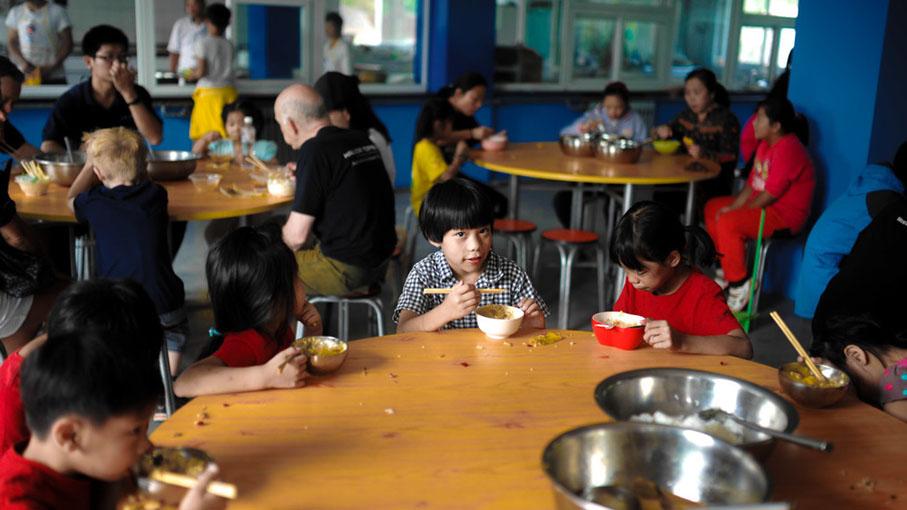Chinese authorities have released new guidelines on the treatment of "de facto orphans," children who still have one or more parents alive, but who cannot provide for them materially or financially, because they are disabled, in jail, in drug rehab for over six months or seriously ill.
Jointly issued by the Ministry of Civil Affairs, the Supreme People’s Court and 10 other government bodies, the guideline entitles de facto orphans to the same social and economic welfare programs that parentless children receive, including government allowances, subsidized education and healthcare.
Statistics from the Ministry of Civil Affairs show there are some 500,000 de facto orphans in China, most of whom are the children of prisoners.
According to the Beijing Youth Daily editorial, children should not be punished for the crimes of their parents. The rights of prisoners’ children should be protected and guaranteed.
These children, apart from material support, need more psychological support, because they are already stigmatized and discriminated against by society as the children of prisoners. For instance, psychological counseling, emotional comfort and other professional services are important ways to help these children feel valued.
Local governments and the voluntary sector need to work together to create a systematic program to improve the rights and lives of de facto orphans.

 Old Version
Old Version